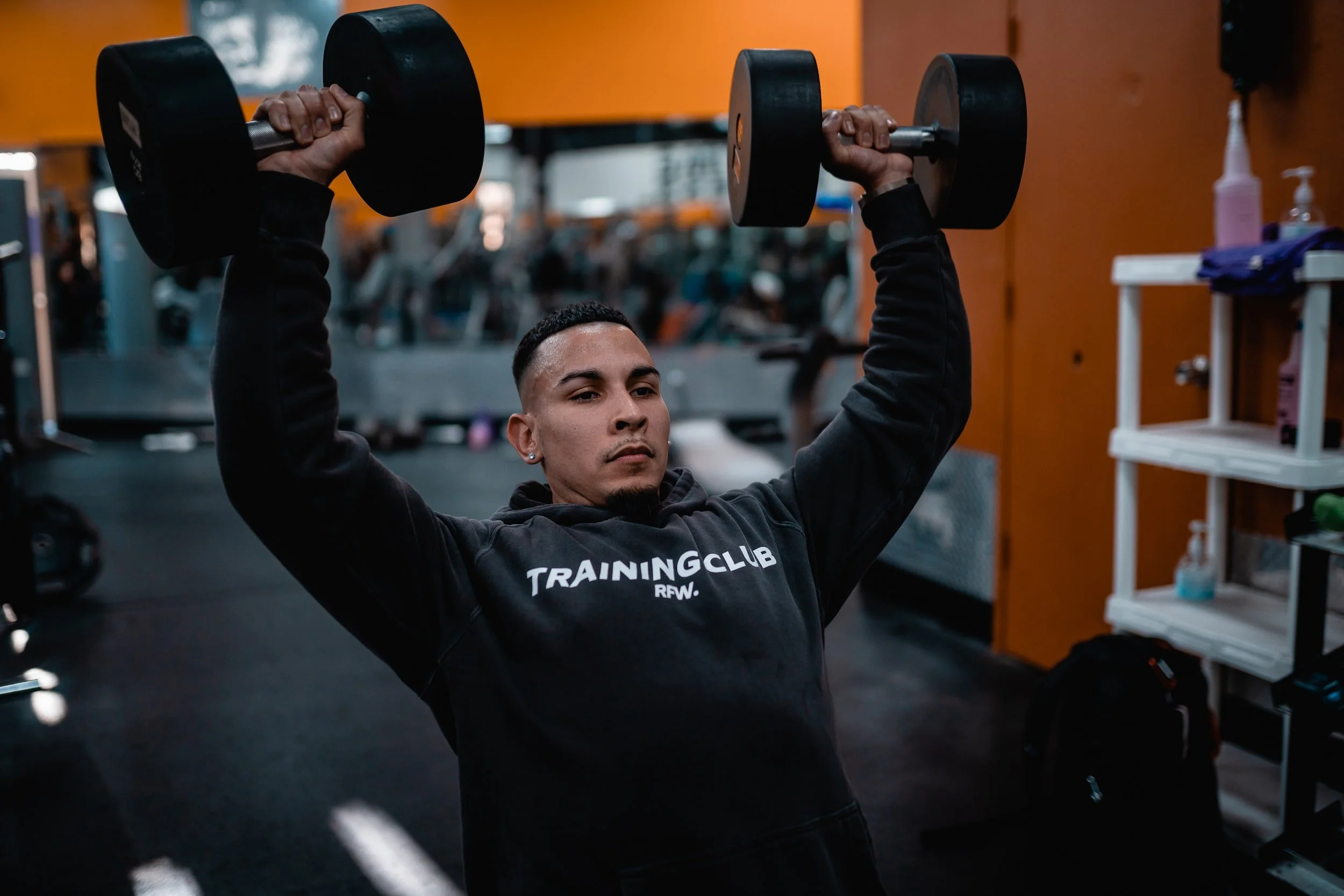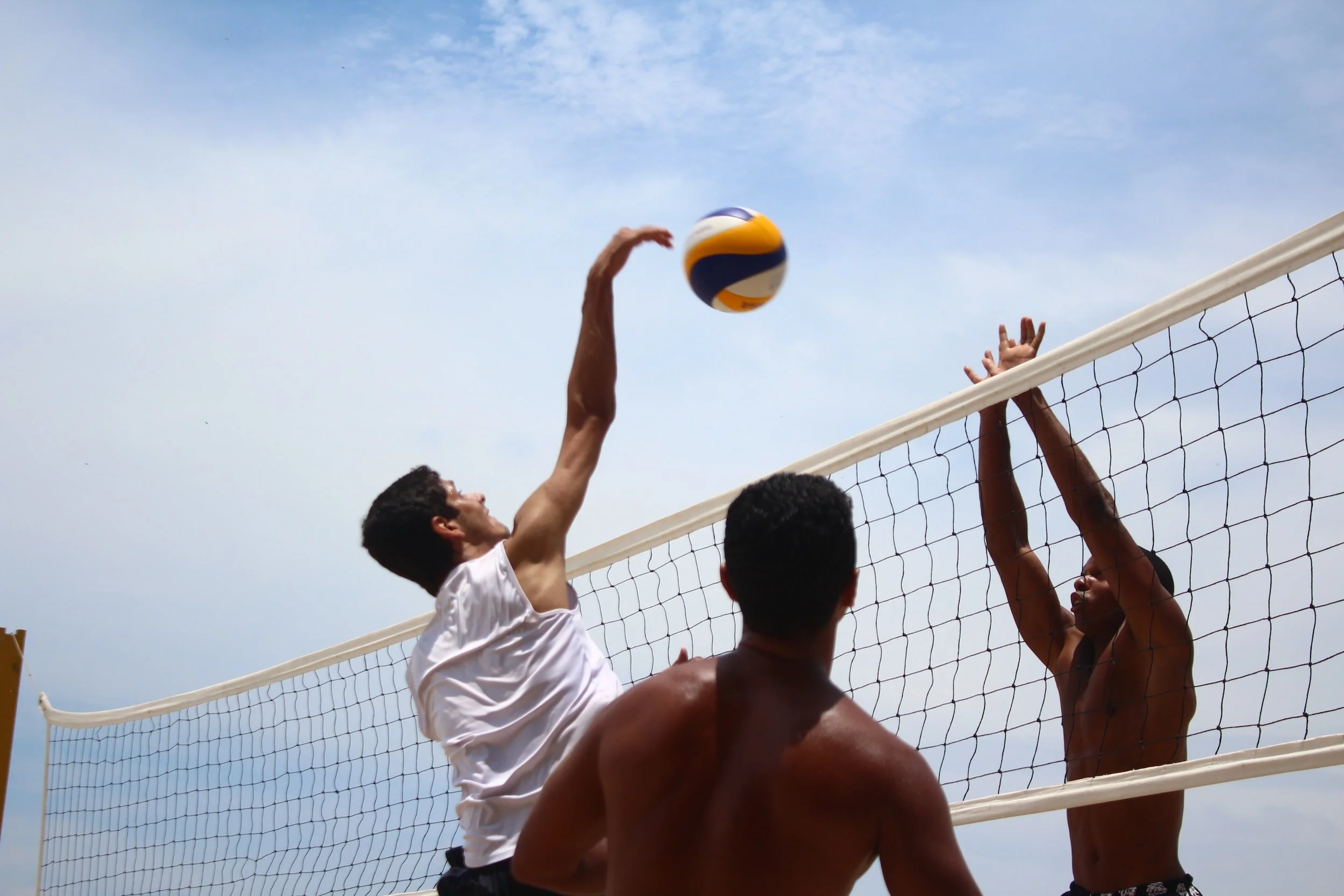6 Benefits of Mental Health Therapy for Athletes
In recent years, athlete mental health has become more openly talked about in the sports community and amongst the general public. If you’re a competitive athlete, you might be wondering two things - what do athletes talk about in therapy, and what are the benefits of going to therapy as an athlete? We’re glad that you’re curious to learn more about therapy and how it can benefit both your sport and your everyday life. We’ve put together a short list of topics that are commonly talked about in therapy for athletes and their associated benefits:
1. Mindset
Our thoughts, feelings, body sensations, and behaviors are all connected. If we think a certain way or believe negative things about ourselves, it can lead to unfavorable outcomes. When it comes to being an athlete, the way you think about yourself and your skills can impact your sports performance. In therapy, you can talk with your therapist about how your negative self-talk impacts your self-confidence and your ability to compete at a high level. During your therapy sessions, you and your therapist will explore patterns and triggers that can lead to negative self-talk. Your therapist can help you become more mindful of your thought patterns and share mindfulness techniques to help you overcome your negative thoughts. You and your therapist can also work together to create a healthy mindset by identifying positive affirmations, practicing positive self-talk, and learning how to acknowledge your strengths. A healthier and more positive mindset leads to better sports outcomes and increased self-confidence!
2. Goal Setting
As an athlete, it’s important for you to have both sports performance goals and personal life goals. Sometimes it can be difficult to figure out next steps when it comes to achieving your goals. In a therapy session, your therapist can help you address any mental roadblocks that might be preventing you from achieving these goals. A therapist can also help make your long-term goals feel less overwhelming by breaking these goals down into smaller and more manageable pieces. Additionally, you and your therapist can also talk about how to foster self-compassion and mental resilience when you don’t meet certain goals or when you don’t perform as well as you would like in games or competitions.
3. Identity
If you’re an athlete who is dedicated to your sport, that means you probably spend a great deal of time practicing, training, competing and studying. Although it is great to be passionate about your sport, it can cause you to neglect other parts of yourself or not have an identity outside of being an athlete. Sports therapists understand that it can sometimes be difficult to explore other interests outside of your sport due to your limited free time. In therapy, you can explore other parts of yourself by discussing your values, beliefs, interests, and hobbies. When you feel more connected with other parts of your identity, you bring more balance to your life and this can lead to greater life satisfaction.
4. Emotional Regulation
As an athlete, you can experience a rollercoaster of emotions that are both pleasant and unpleasant. Your emotions may be caused by the many transitions and changes that take place in sports, which can leave you feeling out of control and mentally/emotionally unstable. The highs and lows of sports can sometimes make it difficult for you to regulate your emotions and your emotions might impact how you show up in your training sessions and games/competitions. Therapy can help you learn how to process, feel, and cope with all of your emotions. A therapist can help you identify the exact emotions you’re feeling by using therapy tools like a feelings wheel and teaching you how to express your emotions in a healthy way. When you feel more emotionally regulated, you’ll show up better in your sport and in your daily life!
5. Relationship Dynamics
If you’re an athlete who plays a team sport, you might have a challenging time navigating the various personalities on your team. You might find it hard to mesh with your teammates, feel connected to your coaches/trainers, or you may find yourself having increased conflict with others. In addition to having difficulties with your sports-related relationships, your other relationships (i.e. friends, family members, romantic partners) may also be struggling as well. Oftentimes athletes use the therapy space to discuss these various relationship dynamics and reflect on how these relationships impact their mental health. In therapy, you can find ways to improve your communication skills and learn how to set healthy boundaries. Therapy is a confidential space where you can openly process these relationships without the fear of any information getting back to your teammates, coaching staff, or loved ones.
6. Self-Care & Holistic Wellness
In order to be a healthy athlete, it’s important for you to take care of your whole self - mind, body, spirit. Your busy schedule may cause you to unintentionally neglect certain areas of your life and lead you to forget about self-care. A therapist can help you by taking a holistic approach to your sports and wellness goals. You and your therapist can examine your sleeping patterns, eating habits, social life, financial literacy, and spiritual beliefs. After examining these wellness areas, you can reflect on the areas of your life that need more care and attention. From there, you and your therapist can create a self-care toolbox filled with practices that will help you prioritize your needs.
Begin Working with A Therapist in Honolulu, HI
Mental health may be more normalized in our current day and age, but it’s normal to need extra support at times. Our team of caring therapists would be happy to offer in-person and online services to help you in your mental health journey. You can start your therapy journey with Milk and Honey Therapy by following these simple steps:
Meet with a caring therapist
Start experiencing the benefits of mental health support!
Other Services Offered with Milk and Honey Therapy
We understand you may face a number of mental health concerns in navigating your mental health journey. This is why we are happy to offer a variety of services to support you. We offer services to support kids, teens, and young adults which include PTSD and trauma treatment, depression treatment, and play therapy. Other mental health services offered include anxiety therapy, faith-based therapy, ADHD treatment, and therapy for athletes. If you are looking for more support, contact us or visit our blog. We look forward to working with you!




